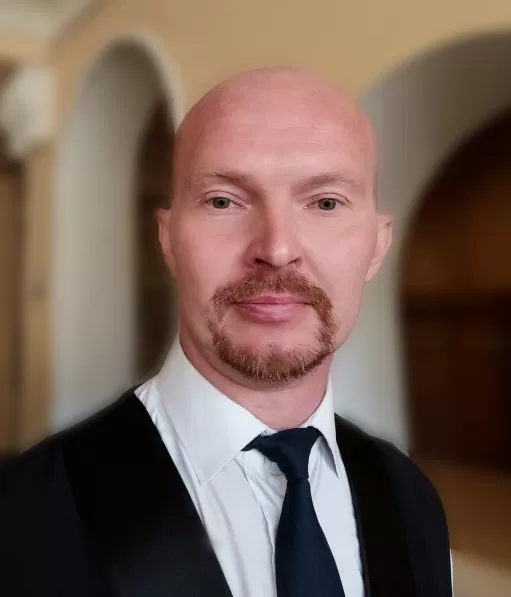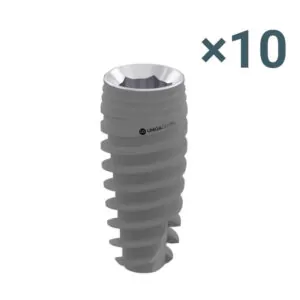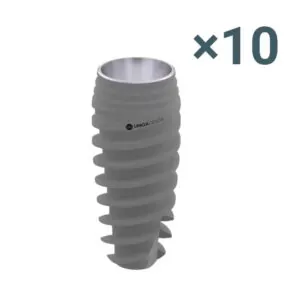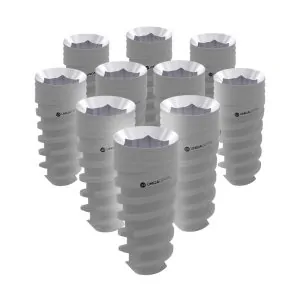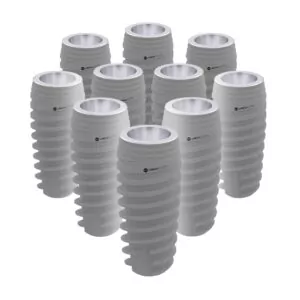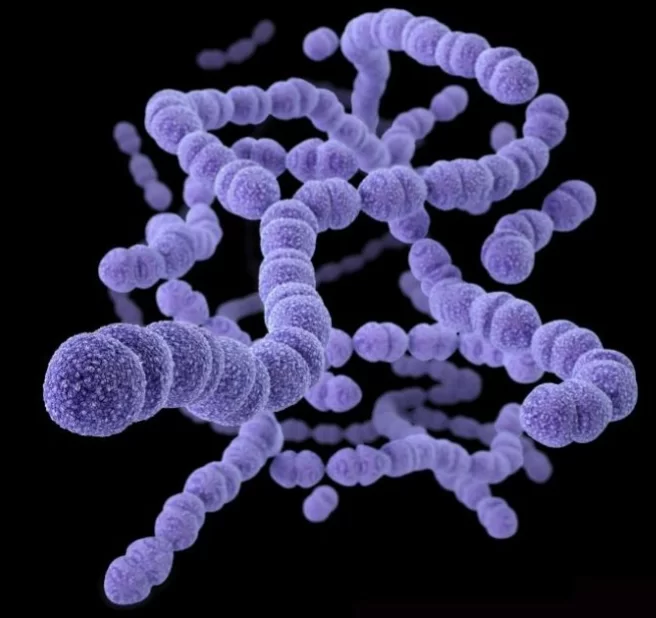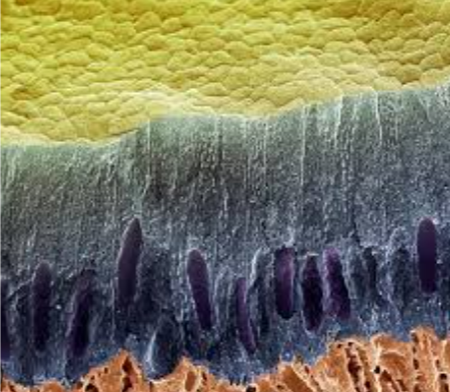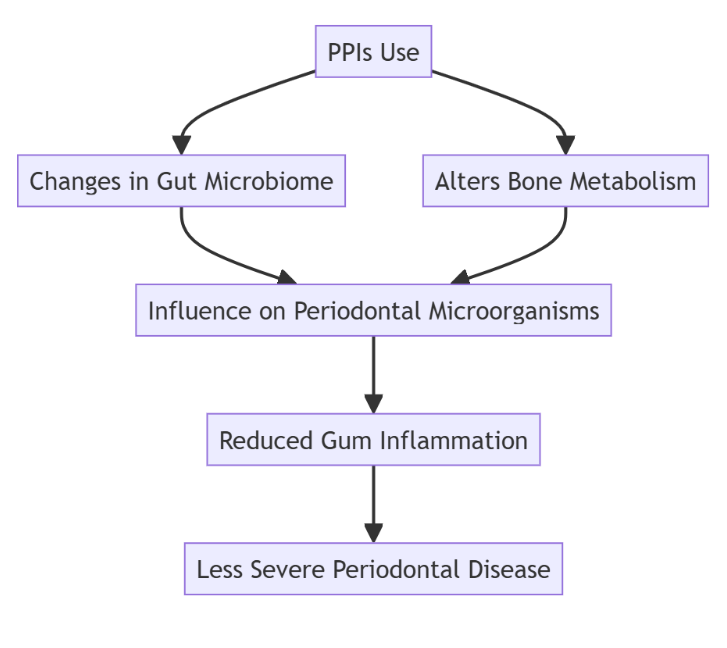Clinical trials of a drug for tooth regeneration will begin in Japan
In Osaka, groundbreaking research is underway at Kitano Hospital, heralding the dawn of a new era in dental science. Kitano Hospital, in collaboration with Kyoto University and Tregembo BioPharma, is set to embark on the world’s first clinical trial of a revolutionary drug designed to regenerate teeth in children born with congenital missing teeth. This innovative drug is based on the USAG-1 antibody, a molecular marvel capable of inhibiting the protein responsible for suppressing tooth growth. The implications of this research are profound, offering hope for children with congenital tooth loss and potentially transforming dental care for adults facing tooth decay, injury, or other dental issues.
Advancing Dental Regeneration: A Journey Since 2018
The project to develop a drug for dental regeneration commenced in 2018, forming a powerful synergy between Kitano Hospital, Kyoto University, and Tregembo BioPharma. Crucially, this endeavor received generous funding from the Japan Agency for Medical Research and Development (AMED) through the Innovative Medicines Development Program, a testament to the project’s pioneering potential.
Early experimentation on mice has yielded promising results. Researchers have demonstrated that the USAG-1 antibody possesses the remarkable ability to stimulate the growth of new teeth in mice that have lost their teeth due to injury or disease. This pivotal breakthrough underscores the drug’s potential to revolutionize dental care for humans.
A Glimpse into the Future: Human Trials
The eagerly anticipated clinical trials for this groundbreaking dental regeneration drug are slated to commence in July 2024 and are scheduled to span until 2030. The trials will focus on children aged 2 to 6 who suffer from anodontia, a rare genetic condition affecting one in ten thousand individuals. Anodontia causes the congenital absence of six or more permanent teeth, resulting in significant challenges related to nutrition and speech. Eligible participants for the clinical trial will require a referral from a dentist and will need to arrange an appointment at Kitano Hospital’s Department of Oral and Maxillofacial Surgery.
Promising Alternatives to Traditional Treatments
The potential implications of this research are far-reaching. Researchers at Kitano Hospital envision the dental regeneration drug as a safe and effective alternative to conventional treatments such as prosthetics and dental implantation. Beyond addressing the needs of children born with congenital tooth loss, the drug holds promise for adults grappling with tooth decay, injuries, or other dental ailments.
“The idea of growing new teeth is every dentist’s dream,” exclaims Katsu Takahashi, the lead researcher and head of the Department of Oral and Maxillofacial Surgery at Kitano Hospital. Indeed, the prospect of a drug that can stimulate the natural growth of teeth represents a monumental stride forward in the field of dentistry.
In conclusion, the Kitano Hospital Dental Regeneration Project stands at the forefront of dental science. With its roots tracing back to 2018, generous funding from AMED, and successful animal trials, it is poised to usher in a new era of dental care. The impending human trials, set to begin in 2024, offer hope to children with congenital tooth loss and the potential to redefine dental treatment for countless others. As we eagerly anticipate the results of these trials, we can envision a future where regenerating teeth becomes a reality, transforming smiles and improving the quality of life for many. Kitano Hospital, in collaboration with its esteemed partners, is spearheading a dental revolution, one tooth at a time.
Sources
Kitano Hospital Japan, Osaka City
-
Hot
-
Hot


